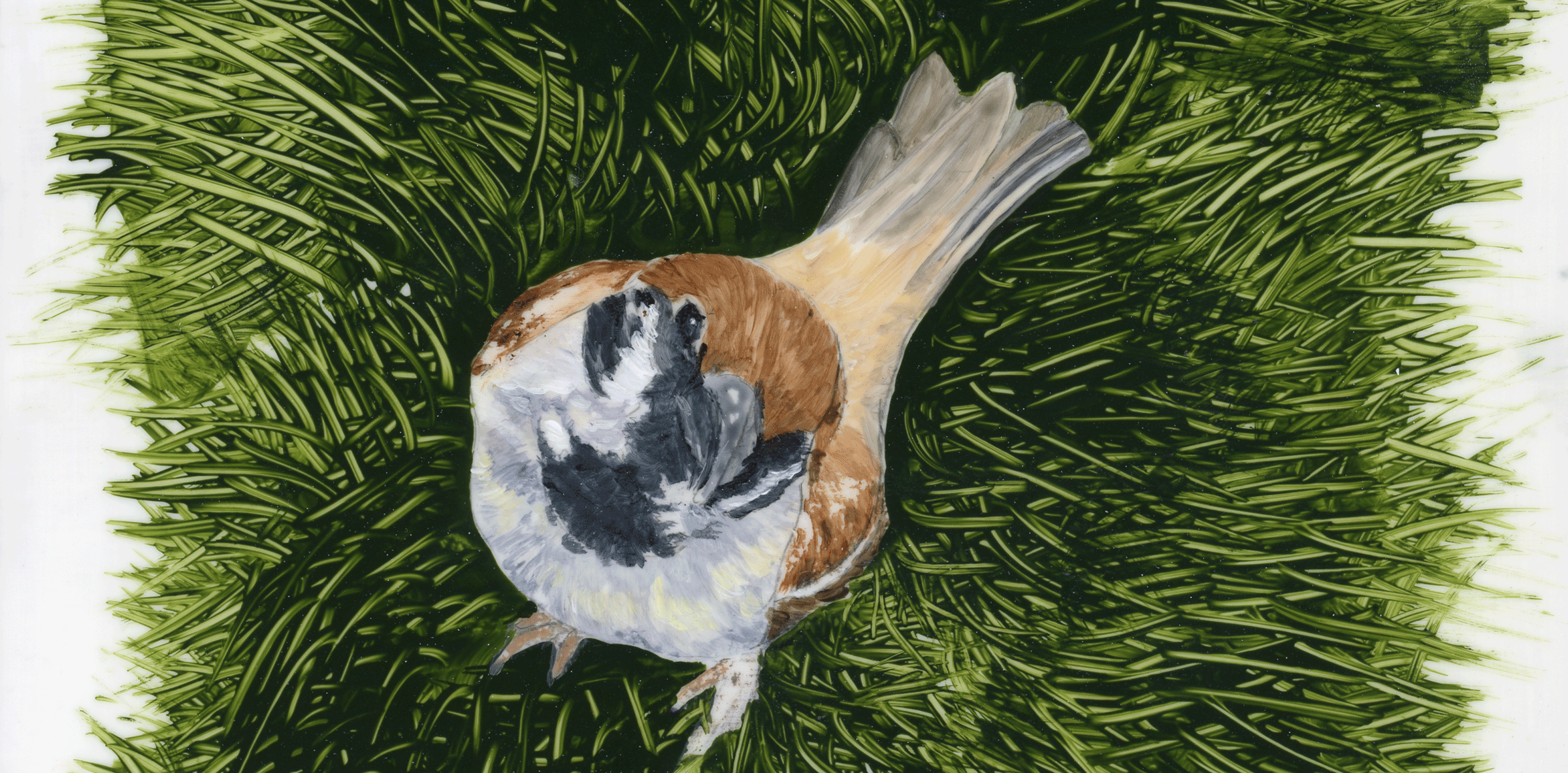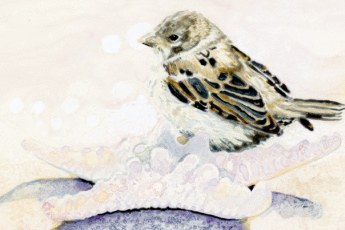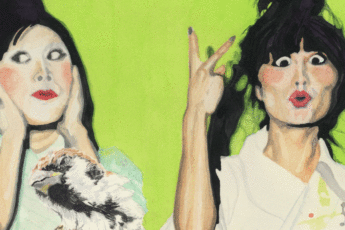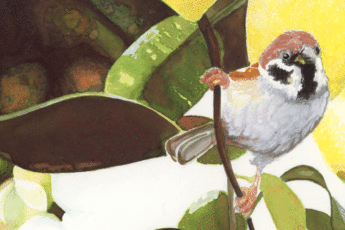We’ve all heard the adage:
“The grass is always greener on the other side of the fence.”
This idiom is often used as a means of telling people don’t be jealous; don’t want what other people have. Your friends and neighbors don’t have it better than you and in fact, if you traded places you would look back over the fence and wish you were back where you started.
I understand the meaning – it resonates with me like I’ve experienced this very thing. Yet – I find it troubling.
I’ve used idioms in the titles of many of my pieces. (Keep your Eye on the Ball, When Life Hands you Lemons, Reach for the Stars, Between the Devil). I was wondering how idioms were created and did a little digging and found the roots of idioms lay in metaphors.
Dictionary.com says: When a metaphor is first used, it’s fresh and vivid—and people have to think through the image to appreciate what it conveys. But with continued use, listeners can ‘short-circuit’ these connections and move automatically from the expression to its content, without thinking about why the expression conveys what it does. Then it’s an idiom.
Anecdotally, I find it interesting that each language has its own, unique set of idioms.
For example this humorous French saying:
Ce n’est pas tes oignons
Literal translation: these are not your onions.
Figurative translation: it doesn’t concern you.
Regarding, “the grass is greener” – the idiom has captured the imaginations of many – Robert Fulghum coined, “The grass is greenest where it’s watered.” That’s true a well – but again it’s another warning to work with what you have.
Both of these sayings are admonishments to carefully consider any rash actions – don’t change until you have evaluated all the circumstances. Fulgham’s saying is more – put the work into taking care of where you are and then you’ll be content.
When I think about it, I don’t like the ideas either of these sayings convey. When did we normalize this idea of not aspiring to or not changing? Don’t want. Don’t mind me, I may just be suffering from a surplus of “Negative Nellies.”
I’m a firm believer of trying new things; seeing what’s around the next corner: it’s exciting for me.
Regarding this painting: the bird is planted firmly on the ground – but looking to the sky. Should he fly off?
From my perspective, “Yes! The grass is greener – go get it!”





